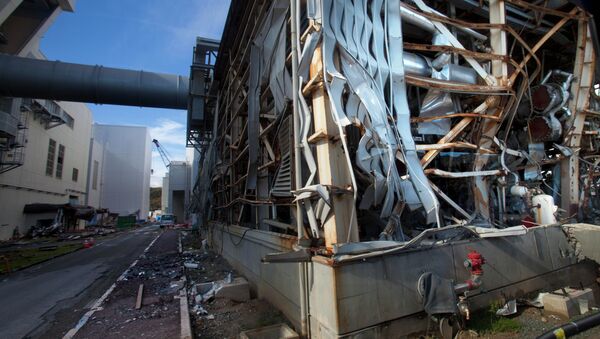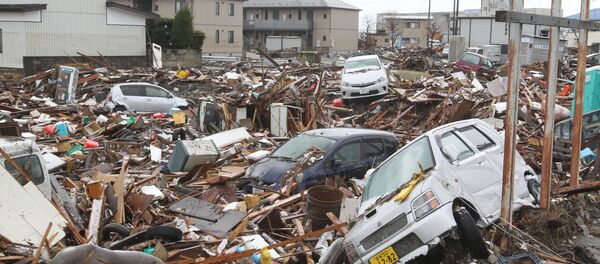MOSCOW (Sputnik) – In March 2011, several reactors at the Fukushima Daiichi Nuclear Power Plant in Japan suffered a meltdown as a result of a powerful earthquake and a subsequent tsunami. Hundreds of thousands of people were evacuated from the area due to a major leak of nuclear matter.
"Europe has failed to learn some of the vital lessons from Fukushima and remains woefully unprepared for similar accidents," Jan Haverkamp, a nuclear energy policy expert for Greenpeace was quoted as saying in the group's press release.
A number of European nuclear plants were found to be lacking adequate safety measures following a series of so-called stress tests in the wake of the Fukushima accident, according to Greenpeace. Namely, the tests found insufficient earthquake, flood and hydrogen explosion prevention mechanisms, coupled with a deficiency in appropriate pressure safety valves installed on site.
The environmental advocacy group went on to say that it was the lack of valves in Fukushima that forced operators to release radioactive material into the atmosphere, contaminating the local environment and threatening nearby population centers, rather than risking over-pressurization and a likely explosion.
Greenpeace’s report coincides with the first in a two-day Nuclear Safety in Europe conference, hosted by the European Nuclear Security Regulators Group (ENSREG) in Brussels.
Over the past year, France’s Nuclear Safety Authority (ASN) has found steel deficiencies in the European Pressurized Reactor under construction in Normandy. Approximately three-quarters of France’s electricity comes from nuclear power.


